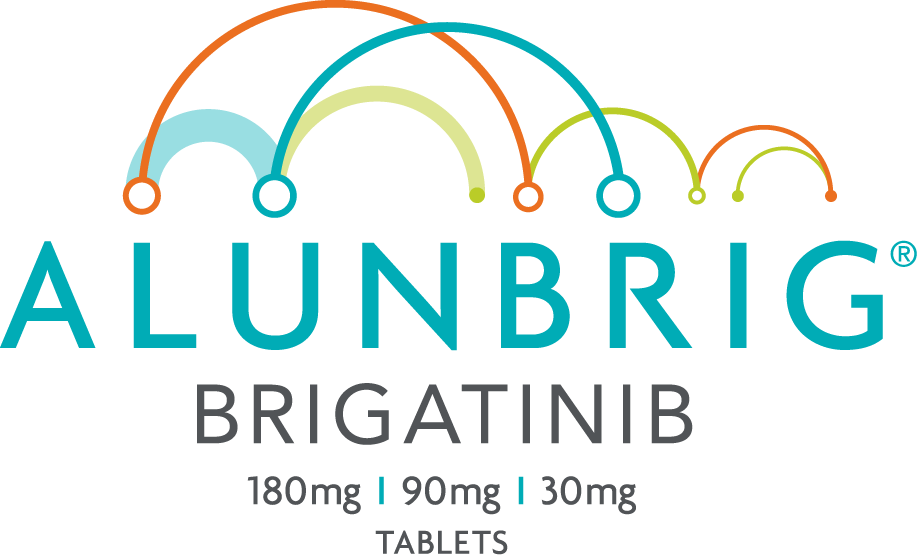What Is ALK+ Non-Small Cell Lung Cancer (NSCLC)?
A diagnosis of ALK+ NSCLC can raise a lot of questions.
Let’s start by answering the basics.

What Is Non-Small Cell Lung Cancer?
Non-small cell lung cancer, or NSCLC, is the most common type of lung cancer. It makes up about 80-85% of lung cancer cases.
In some cases of NSCLC, a genetic change, or mutation, in the cell’s genes causes the cell to function improperly and grow more quickly, which may lead to cancer.
What Does ALK-Positive Mean?
In some people, lung cancer is caused by a change in the structure of the gene called anaplastic lymphoma kinase (ALK). About 3% to 5% of people with NSCLC have this change in the ALK gene. This type of lung cancer is most frequently seen in non-smokers or light smokers and younger patients.
How Can Targeted Therapies Help?
Although there is no cure, ALK+ (anaplastic lymphoma kinase-positive) metastatic NSCLC can be treated with targeted therapies that affect this specific gene found in cancer cells to help block the growth or spread of cancer. These therapies are known as tyrosine kinase inhibitors (TKI) or ALK inhibitors.
What if ALK+ NSCLC Has Spread Beyond Your Lungs?
ALK+ NSCLC Metastasis
ALK-positive NSCLC is a disease that often progresses beyond the lungs. Progression is when tumors grow, spread to other parts of the body (called metastasis), or when new tumors develop while on treatment. When cancer progresses, it can spread to many locations, including the liver, bone, and the brain.
With ALK+ NSCLC, Your Brain Matters Too
Because current treatments are more effective and people with ALK-positive NSCLC live longer without disease progression, up to 75% of patients may eventually experience the disease traveling to their brains.

It's normal to have questions as you begin your treatment on ALUNBRIG.
We have additional resources for you to discuss with your healthcare provider as you get started.
Glossary
- ALK gene - A gene that makes a protein called anaplastic lymphoma kinase or ALK, which is involved in cell growth. Mutated or genetically changed forms of the ALK gene and protein have been found in some types of cancer, such as NSCLC.
- Metastasis - The spread of cancer from the original site to another part of the body.
- Targeted therapies - A type of treatment that can inhibit or slow the disease growth, progression, and spread of cancer by targeting specific molecules that are responsible for cancer cell growth. Some targeted therapies block the action of certain enzymes, proteins, or other molecules involved in the growth and spread of cancer cells.
